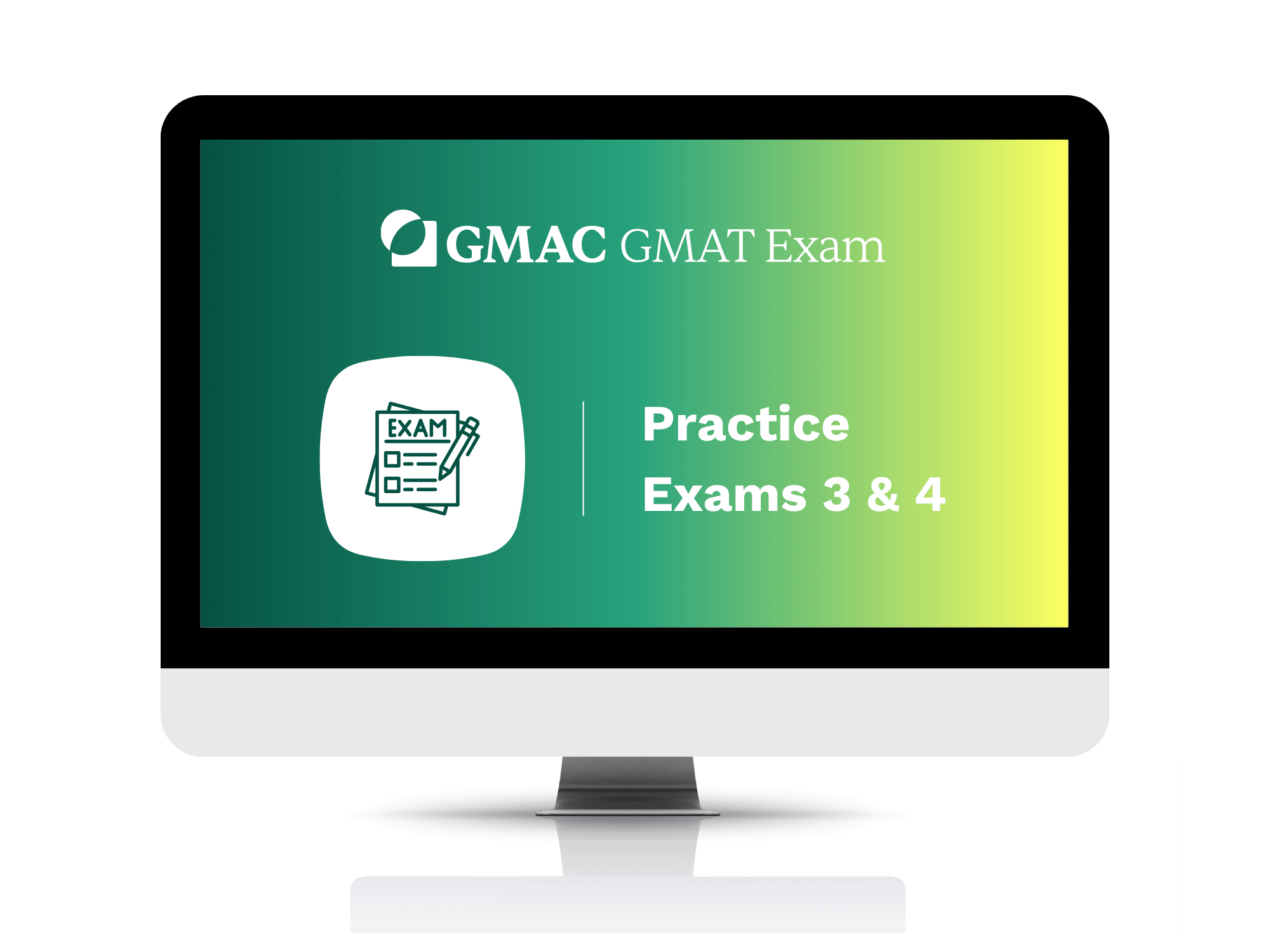GMAT Exam Syllabus: Detailed Guide to Ace Your Entrance Test
Curious about the GMAT exam syllabus? Here is a complete breakdown of the GMAT exam syllabus to help you prepare effectively.
The GMAT (Graduate Management Admission Test) is a standardized exam used by business schools worldwide to assess the qualifications of applicants for advanced business and management programs. Knowing the GMAT exam syllabus thoroughly is key to scoring well and gaining admission to top MBA programs.
This article provides a comprehensive overview of the GMAT syllabus for 2025, covering every section and topic you need to master. Understanding the syllabus will help you plan your study schedule, focus on high-impact topics, and boost your confidence on exam day.
SEE ALSO: GMAT Exam Fees: Everything You Need to Know in 2025

Overview of the GMAT Exam Structure
The GMAT is a comprehensive, computer-adaptive test designed to measure the skills most relevant to success in graduate business programs. The exam is divided into four main sections, each targeting different skill sets that business schools prioritize when evaluating applicants. Understanding the structure and purpose of each section helps candidates tailor their preparation effectively.
1. Quantitative Reasoning
This section assesses your ability to analyze data and solve quantitative problems using basic arithmetic, algebra, and geometry. It tests both your mathematical knowledge and your logical reasoning skills through problem-solving and data sufficiency questions. The questions adapt to your ability level, increasing or decreasing in difficulty based on your responses.
SEE ALSO: GMAT Exam Fees: Everything You Need to Know in 2025
2. Verbal Reasoning
The verbal section evaluates your command of written English and your ability to read critically. It includes reading comprehension passages, sentence correction problems that test grammar and style, and critical reasoning questions that assess your ability to evaluate arguments and draw conclusions. Strong verbal skills are crucial for effective communication in business settings.
3. Integrated Reasoning
This unique section measures your ability to synthesize information presented in multiple formats, such as graphs, tables, and text. It requires you to analyze complex data from various sources and use reasoning skills to make sound business decisions. Integrated Reasoning reflects real-world scenarios where data interpretation and multi-tasking are vital.
4. Analytical Writing Assessment (AWA)
The AWA section tests your analytical writing and critical thinking skills through a single essay task. You will be asked to critique an argument, identifying its strengths and weaknesses while presenting a clear, well-organized response. This section demonstrates your ability to communicate complex ideas effectively in writing, an essential skill for leadership roles.
SEE ALSO: Sabancı University Scholarship: Fully Funded Opportunities for International Students
Test Format Flexibility and Delivery Options
Candidates can choose to take the GMAT either online from home or at authorized test centers worldwide. The online exam replicates the test center experience but provides added convenience and safety.
Another important feature is that test takers can select the order in which they complete the four sections at the start of the exam. This flexibility allows candidates to play to their strengths and manage their time and energy more effectively during the test.
The entire exam typically lasts about 3.5 hours, including optional breaks, making it a rigorous assessment of both knowledge and endurance.
1. Quantitative Reasoning
Duration: 62 minutes (31 questions)
Purpose: Measures your ability to reason quantitatively, solve quantitative problems, and interpret graphic data.
SEE ALSO: Greenwood High International School Fees: 2025 Breakdown
Key Topics Covered:
- Problem Solving: Arithmetic, algebra, geometry, and word problems. Questions assess your ability to analyze and solve quantitative problems using basic math concepts.
- Data Sufficiency: Tests whether you can determine if provided information is enough to answer a question. This unique question type evaluates logical reasoning alongside math skills.
Skills Tested:
- Number properties and operations
- Algebraic expressions and equations
- Geometry and coordinate geometry
- Word problem interpretation
- Data analysis and interpretation
2. Verbal Reasoning
Duration: 65 minutes (36 questions)
Purpose: Assesses reading comprehension, critical reasoning, and grammar skills vital for effective communication.
Key Topics Covered:
- Reading Comprehension: Ability to understand, analyze, and interpret written material from business and academic sources.
- Critical Reasoning: Evaluates your skill to analyze arguments, identify assumptions, and draw logical conclusions.
- Sentence Correction: Tests grammar, syntax, and effective expression skills to identify and correct errors in written English.
Skills Tested:
- English grammar and sentence structure
- Logical argument evaluation
- Understanding main ideas and details in passages
- Drawing inferences and conclusions
3. Integrated Reasoning
Duration: 30 minutes (12 questions)
Purpose: Measures your ability to evaluate information presented in multiple formats from various sources and synthesize it to solve complex problems.
Key Topics Covered:
- Multi-Source Reasoning: Analyze data from multiple tabs or sources to answer questions.
- Table Analysis: Interpret sortable tables to determine relevant information.
- Graphics Interpretation: Analyze graphs and graphical data.
- Two-Part Analysis: Solve complex problems with two components that require simultaneous consideration.
Skills Tested:
- Data interpretation and integration
- Analytical thinking and decision-making
- Ability to evaluate complex information under time pressure
4. Analytical Writing Assessment (AWA)
Duration: 30 minutes (1 essay)
Purpose: Tests critical thinking and communication skills through essay writing.
Key Topics Covered:
- Analysis of an Argument: You are given an argument and asked to critique its reasoning and evidence.
Skills Tested:
- Clarity and effectiveness of written communication
- Logical reasoning and argument analysis
- Organization and development of ideas
Additional Tips for Mastering the GMAT Syllabus
- Understand the question types: Practice each question format to improve speed and accuracy.
- Focus on weak areas: Allocate more study time to sections or topics you find challenging.
- Use official practice materials: They best reflect the GMAT syllabus and question difficulty.
- Take timed practice tests: Simulate test conditions to build stamina and time management skills.
Conclusion on GMAT Exam Syllabus
Understanding the GMAT exam syllabus is the foundation of effective preparation. By mastering the four key sections—Quantitative Reasoning, Verbal Reasoning, Integrated Reasoning, and Analytical Writing Assessment—you position yourself for success on test day.
Start your GMAT prep with a clear roadmap based on this syllabus, and you’ll be better equipped to achieve a competitive score and secure your spot in your dream business school.






